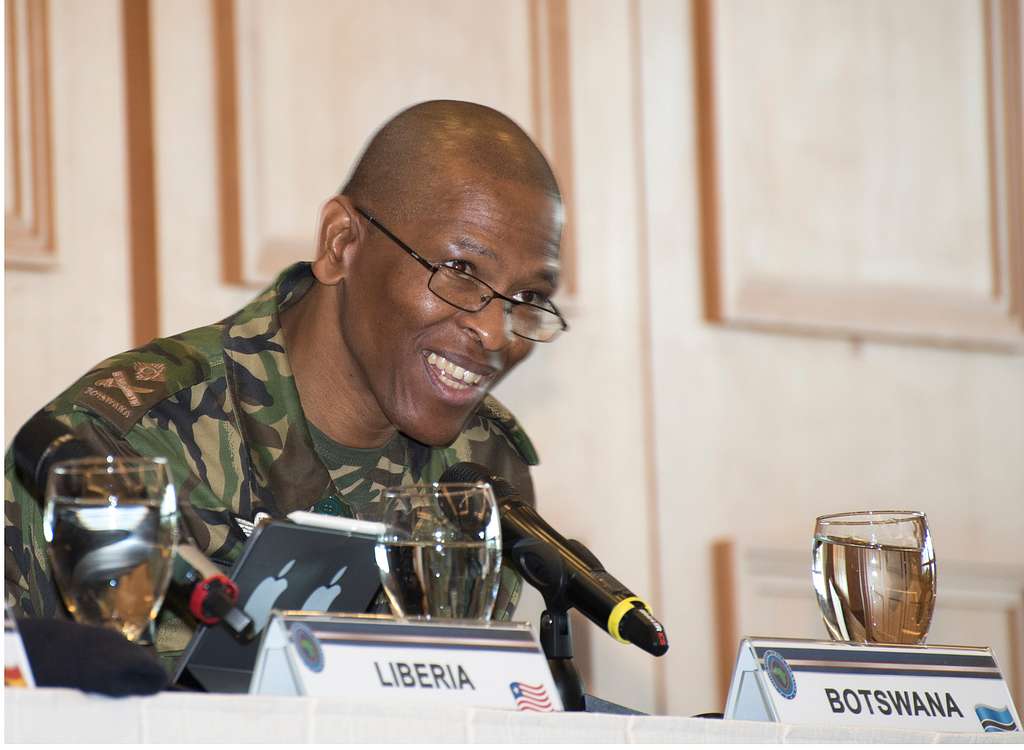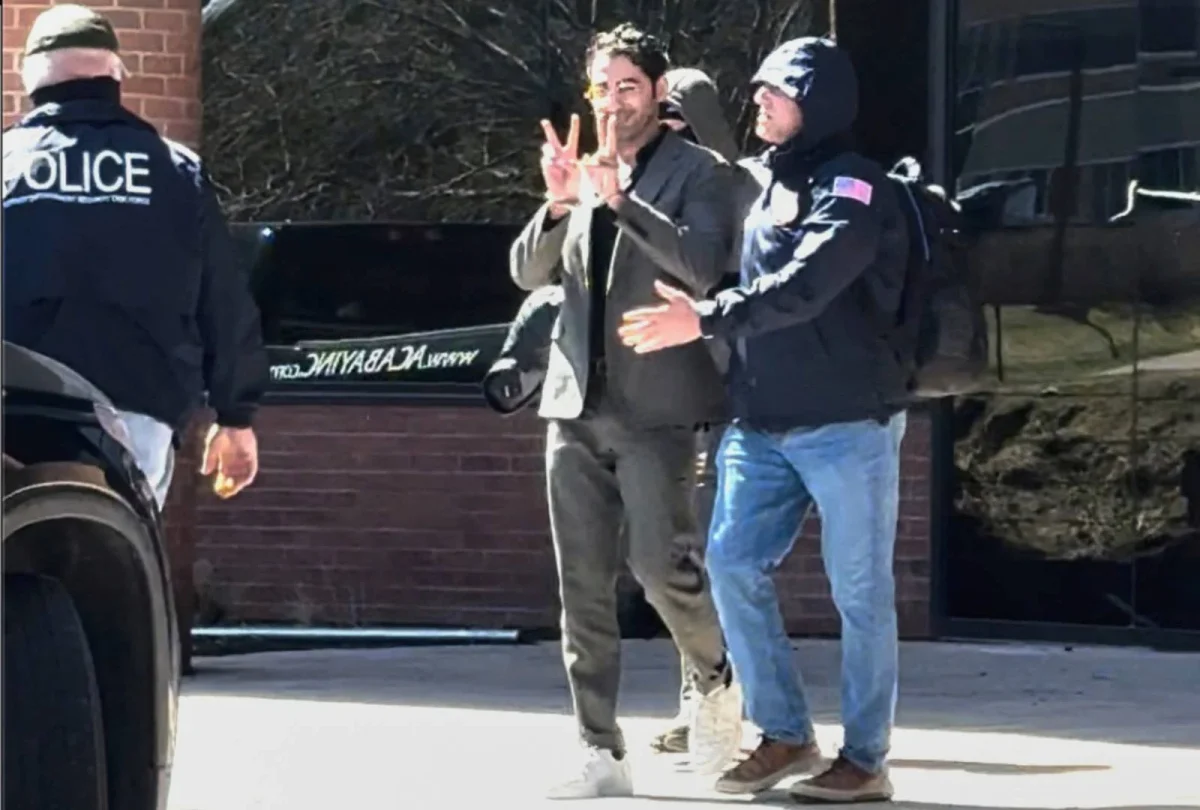The African American Cultural Center, AACC hosted its annual Living Legends Series which honored Irwin Holmes Jr., the first African-American undergraduate student to graduate from N.C. State on Thursday.
The presenation which gave insight into Holmes’
thoughts and experiences, was moderated by Vice Provost
for Student Diversity Dr. Tracey Ray, Nubian Message Edi-
tor-in-Chief Chris Hart-Williams, and Managing Nia Doaks.
Growing up in Durham, North Carolina, Holmes was
exposed to tennis at an early age and even referenced the
opportunities that Durham provided for African Americans to
play tennis locally. When he came to N.C. State, Holmes was
also was the first to integrate the Atlantic Coast Conferenceas
varsity tennis athelte. Holmes graduated third in his high
school class from Hillside High School.
Upon graduation, he decided that he wanted to pursue en-
gineering and applied to various universities including North
Carolina State University and Howard University. Holmes
ultimately chose N.C. State, becoming one of the four African
American males admitted into the school in 1956.
Until N.C. State, Holmes acknowledged that he had no
experience talking to white peers. However, throughout his
four years of college he gained experience and understanding
of those who did not appear to look like him.
Holmes spoke in great detail of encounters, both good and
bad, with peers who were not of the same race. For instance,
he spoke of the laws enforced by the state of SC, which forbade
white athletes to play another team that was integrated with an
African-American player. This is just one instance of adversity
that Holmes faced throughout his undergraduate career.
During an intramural sports tournament, he and his
roommate, who was also African-American, were not allowed
to play due to a decision of a captain from another hall. When
Holmes informed his captain about it, the captain took a stand
and made it so Watauga could have it’s own team under it’s
own leadership. Doing that alone increased the participation
of Holmes’ residence hall and ultimately they reached a second
place position in one of the tournaments.
Academically, Holmes brought diversity to the classroom
and in doing so challenged the norm. One of his professor’s
refused to teach a class that had an African-American student
in it.
Through Holmes’ descriptions of these situations, students
were able to see how privileged they are to be able to learn and
have the opportunity to study at a predominantly white insti-
tution that has become more accepting and acknowledging
of the African American community. Not only that, students
and faculty present were very appreciative of the foundation
that he laid down for present and future African American
students to follow.
In addition, Holmes didn’t stop his education at the
undergraduate level — he also continued to get his masters in
electrical engineering from Drexel University. The AACC had
the privilege to host such a captivating moment in N.C. State’s
history by bringing Irwin Holmes Jr. to tell his story and share
his time with the student body.
His closing words of advice to the students were: “When
you are gone, don’t forget NC State. Pay it forward as much as
you can. It’s not all about spending the rewards of your educa-
tion on you. Share it with others.”
What are you doing right now in your education? Will
you be able to share it with others once you leave NC State?





